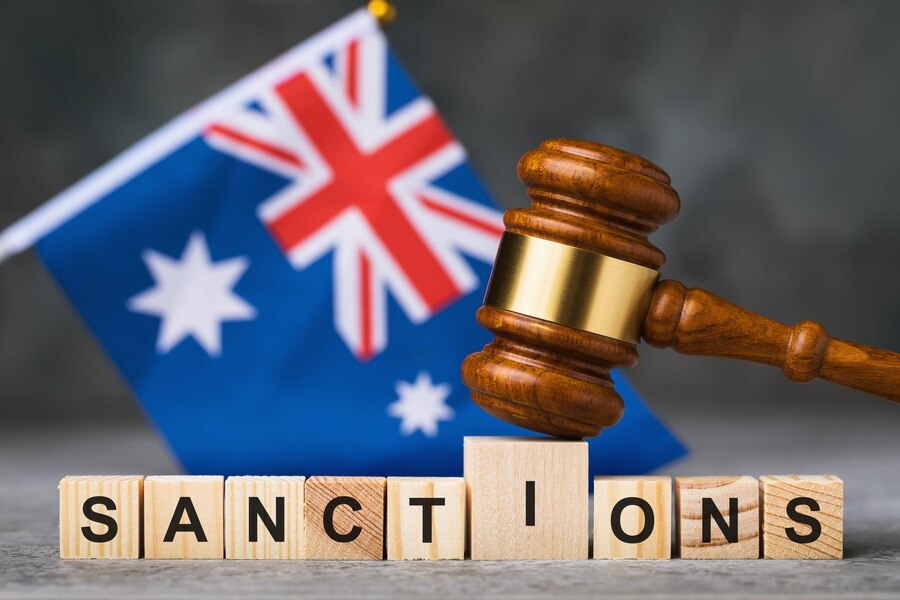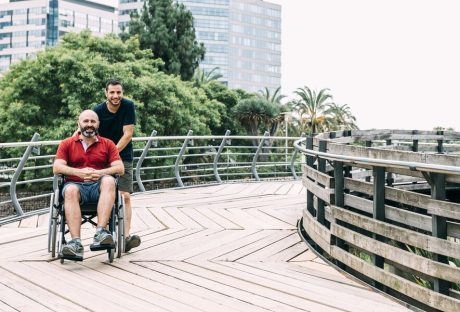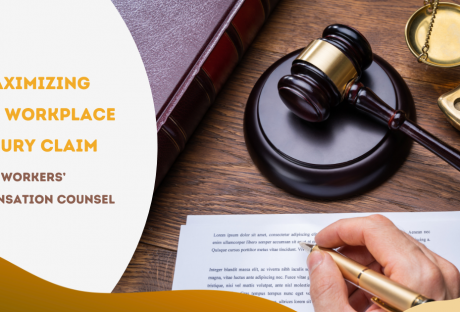Legal services encompass an expansive array of activities requiring the application of legal knowledge and skills. From dispute resolution to helping individuals, businesses, and organizations understand their rights and responsibilities under the law, these services play a crucial role in society.
This comprehensive article sheds light on Australia’s legal services industry while providing an informative breakdown for anyone attempting to understand its complex system.
The Structure Of The Legal System In Australia
Australia’s legal system draws upon English common law traditions while uniquely tailored to Australia’s history and socio-cultural environment. At its core lies a commitment to the rule of law principles such as separation of powers and justice, equality, and fairness as outlined by international agreements and customs.
Federal Structure
Australia operates under a federal system, meaning laws may come from the Federal or Commonwealth Government and individual state legislatures (New South Wales, Queensland, South Australia, Tasmania, Victoria, Western Australia) and two territories (Australian Capital Territory and Northern Territory). Each jurisdiction may have different laws and court services, which make for an intricate web of legal systems in Australia.
Court Hierarchy
Court hierarchies are essential in the operation of Australia’s legal system. At its apex is the High Court of Australia as the supreme judicial authority; below it are federal and state/territory Supreme Courts, District/County Courts and Magistrates’/Local Courts, each with specific roles to fulfil in administering justice.
Types Of Legal Services In Australia
Legal services in Australia span many areas of law. Individual professionals specialise in specific aspects, offering their clients tailored advice and representation services.
Criminal Law Services
Criminal law addresses conduct that is perceived to be harmful to society. It determines what crimes exist and their respective penalties; legal services offered in this field may include representation in court proceedings, plea negotiation services, bail applications and appeals procedures, and advice regarding charges and their potential outcomes.
Civil Law Services
Civil law encompasses several fields, such as contracts, property transactions, family law matters, probate proceedings and tort law. Services provided under civil law include drafting and reviewing contracts, mediating disputes and providing advice regarding estate planning or real estate deals, divorce proceedings or even personal injury claims.
Commercial And Corporate Law Services
Commercial and corporate law services involve laws regulating businesses and commercial transactions. These services include advice regarding business structure and governance, employment law, intellectual property law, mergers and acquisitions, compliance with regulations and dispute resolution.
The Role Of Legal Practitioners
Lawyers (legal practitioners) are at the core of providing legal services. Australia’s legal profession includes solicitors and barristers, each with unique roles and responsibilities.
Solicitors
Solicitors often work directly with clients. They offer advice, draft documents, negotiate with third parties and can represent clients in court proceedings. Solicitors work in various settings, including private practice, government departments and community legal centres.
Barristers
Barristers are specialists in court advocacy and litigation. Their role involves:
- Representing clients in court.
- Providing expert legal opinions.
- Advising solicitors and their clients on the direction of their cases.
Barristers typically work independently, hired by solicitors to act on behalf of their clients.
Access To Legal Services In Australia
Access to legal services is essential for creating an equitable society. Australia has put in place various measures to ensure everyone can access legal advice and representation regardless of their financial means.
Legal Aid
Legal Aid commissions in each state and territory provide free or low-cost legal services to eligible individuals who cannot afford legal representation, particularly in family law, criminal law and civil law issues. They assist with matters such as family law proceedings, criminal law proceedings and civil law litigation proceedings.
Community Legal Centres
Community Legal Centres (CLCs) are independent non-profit organisations offering free legal services to those facing economic and social disadvantage. CLCs typically specialise in specific areas such as housing, immigration, social security and domestic violence law.
Regulatory Environment Of Legal Services
Australia’s legal services industry is subject to stringent regulation to uphold high standards of professionalism, ethical conduct and competency among practitioners.
Legal Profession Acts And Regulatory Bodies
Each state and territory has a Legal Profession Act outlining the rules for practising law within their jurisdiction. Regulatory bodies for solicitors (law societies) and bar associations for barristers (bar associations) ensure adherence to these rules by offering guidance, professional development opportunities and disciplinary functions for compliance.
Uniform Law Framework
Some jurisdictions have enacted the Legal Profession Uniform Law (LPUL) to standardise legal services across state borders and to establish consistent rules for legal practitioners – creating an integrated and accessible legal market.
Conclusion
Understanding legal services in Australia requires an appreciation of its diverse legal system, its various areas of law covered, the roles played by legal practitioners and the mechanisms for providing access to these services. As this system continues to adapt to meet the changing needs of Australian society and global legal environments, understanding its legal services is integral for confidently and accurately navigating Australia’s legal landscape. Click this website for more information.
Read Also:
- How to Avoid a Toxic Divorce
- How To Market Your Personal Injury Law Firm On Pinterest
- How Legal Services Outsourcing Aids Law Firms and Legal Departments

























